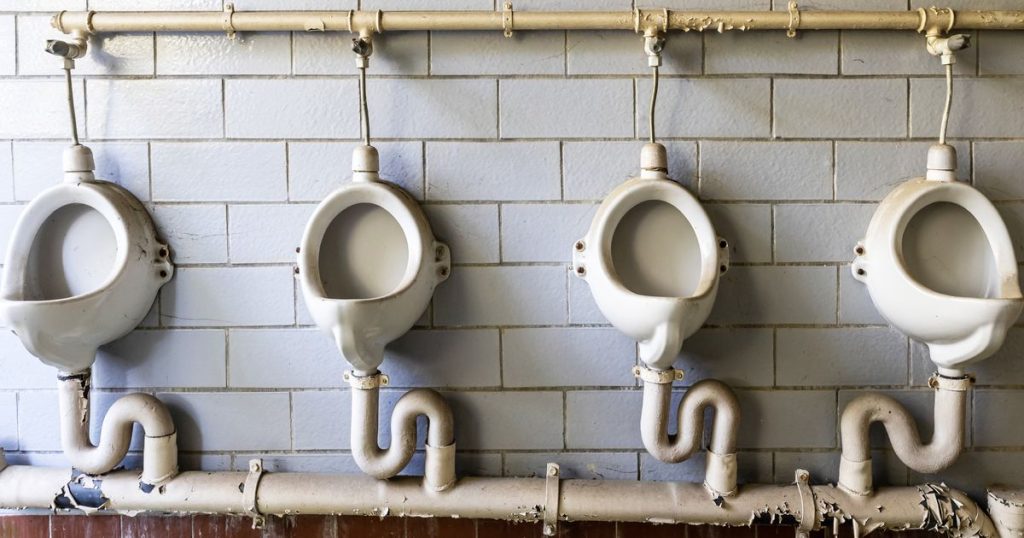A Swiss court ruled in favor of a watch dial manufacturer, Jean Singer & Cie SA, stating that it was justified in requiring employees to clock out for bathroom breaks. This decision came after an investigative report by public broadcaster RTS revealed the practice, leading to labor inspectors ordering the company to end it due to concerns about potential health consequences for workers. Singer defended its policy by emphasizing the freedom its employees had during breaks and the fact that the length of breaks was left up to each individual’s discretion. The company’s lawyer argued that regardless of the reason for a break, clocking out was necessary for any interruption of work.
The court highlighted a legal loophole in Swiss labor law relating to bathroom breaks, arguing that while the law is clear on issues like restroom hygiene and the rights of employers to make decisions based on their business needs, there is no explicit mention of employees’ rights to take bathroom breaks. This loophole could potentially lead to employees feeling pressured to avoid taking necessary breaks, a situation that could have serious physiological consequences. The court’s ruling raised the question of whether lawmakers should intervene to address this discrepancy in the law and ensure that employees’ basic physiological needs are protected.
The case has brought attention to the issue of workers’ rights and the importance of ensuring that employees have access to essential amenities such as bathroom breaks. While the court ruled in favor of the employer in this instance, the debate around the practice of requiring employees to clock out for bathroom breaks highlights broader concerns about labor rights and the balance between employer needs and employee well-being. The ruling has sparked discussions about the need for clearer regulations to protect workers’ rights and address potential loopholes in labor laws that could leave employees vulnerable to unfair practices.
The controversy over bathroom breaks in the workplace raises important questions about the balance of power between employers and employees, and the need for clear guidelines to protect workers’ rights. The court’s ruling in this case has shed light on a potential gap in Swiss labor law regarding bathroom breaks, highlighting the need for lawmakers to consider updating regulations to ensure that employees’ basic physiological needs are safeguarded. This case serves as a reminder of the ongoing challenges faced by workers in asserting their rights in the workplace and the importance of continued advocacy for fair labor practices.
The issue of bathroom breaks in the workplace is part of a broader conversation about the treatment of employees and the need for clear regulations to protect workers’ rights. The ruling in this case has drawn attention to the challenges faced by employees in asserting their rights and the ways in which labor laws can potentially leave workers vulnerable to exploitation. By highlighting the importance of ensuring that employees have access to essential amenities such as bathroom breaks, the case has sparked discussions about the need for stronger protections for workers and the role of lawmakers in addressing potential loopholes in labor regulations.
Overall, the ruling in the case of Jean Singer & Cie SA has raised important questions about workers’ rights, the balance of power between employers and employees, and the need for clear regulations to protect employees’ basic needs in the workplace. The controversy over bathroom breaks serves as a reminder of the ongoing challenges faced by workers in asserting their rights and the importance of advocating for fair labor practices. By shining a light on potential gaps in Swiss labor law, the case has sparked discussions about the need for lawmakers to intervene and ensure that workers are protected from unfair practices in the workplace.


